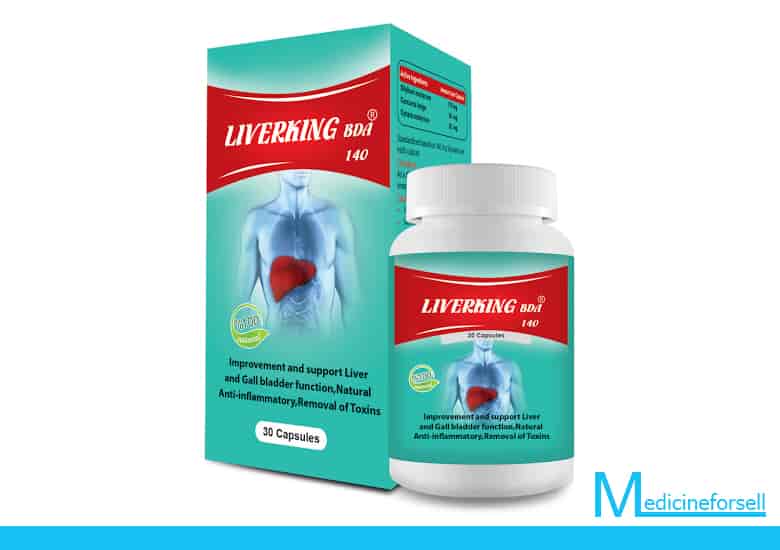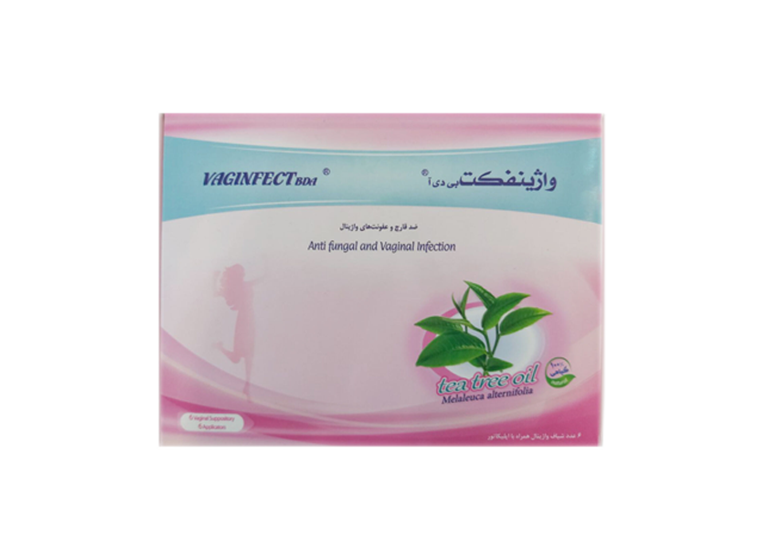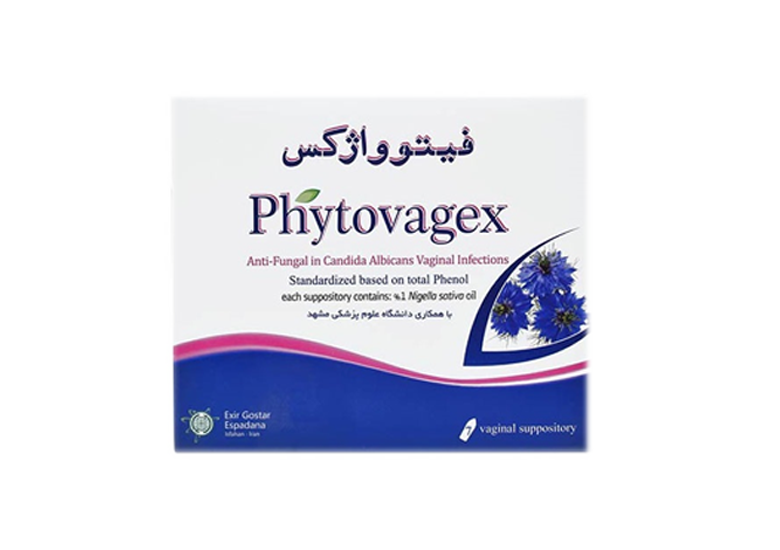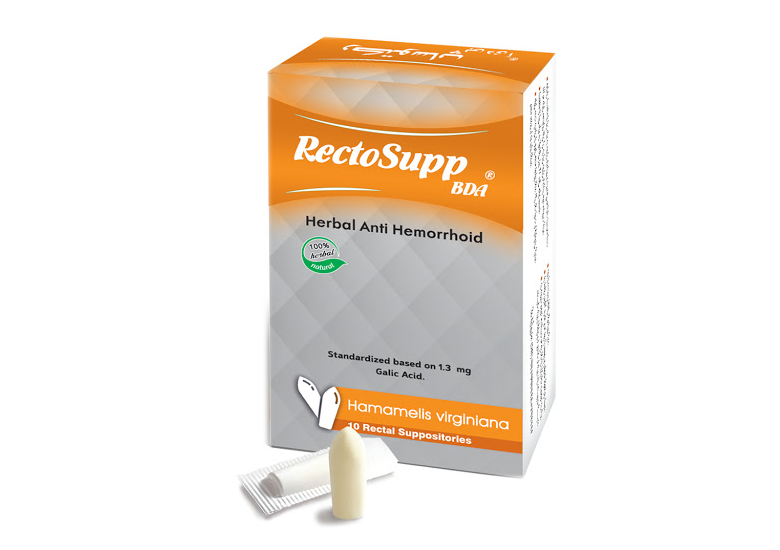Therapeutic benefits: It is used to improve and support liver and gallbladder function, Removal of Toxins and natural anti-inflammatory activity.
Pharmacology and mechanism of effect:
Milk thistle:
In general, Silybum marianum is used in the treatment of liver toxicity caused by metabolic toxins such as alcohol and fungal toxins, hepatic impairment after hepatitis, chronic liver damage associated with cellular degeneration, such as liver cirrhosis, fatty liver and mild liver disease. The anticancer effect of the liver flavonolignans compounds obtained from milk thistle fruits is confirmed. In terms of the mechanism of action, the silymarin prevents the binding of toxins to the receptors of liver cells and impervious to the liver poisons. Also, by stimulating the biosynthesis of mRNA by the effect on polymerase A, it increases protein biosynthesis and production of new cells in the liver. The other pharmacologic effects of silymarin are anti fatty action, which are characterized by reduced levels of VLDL, LDL, and high HDL lipoprotein levels. In addition, silymarin has shown effects including protection of glycogen building and mRNA, stabilizing the activity of enzymes and preventing poisoning with drugs such as indomethacin, isoniazid, lorazepam and clofibrate.
It also stimulates RNA polymerase I in the liver cell nucleus, thereby increasing the synthesis of ribosomal protein and increasing the ability to regenerate the liver. This mechanism, in particular, helps to neutralize the effects of fungal toxins and poisoning. Silymarin also remove free radicals.
Silymarin produces anti-inflammatory responses by inhibiting the production of leukotrienes. This effect is useful in the treatment of cirrhosis of the liver or fibrosis.
Turmeric:
Turmeric is an anti-toxicity of the liver, reduces blood lipids, anti-thrombotic and anti-inflammatory. It also has antioxidant, anti-tumor, and antimicrobial properties. Turmeric inhibits the formation of prostaglandin in vitro. Turmeric anti-inflammatory effects are thought to be due to inhibition of leukotriene biosynthesis and change production of prostaglandin.
Its bile property is related to dyestuffs, especially di feruloyl methane. In addition, the volatile essence has a biliary effect due to the presence of para-tolyl methyl carboline. Also, the volatile essence and its colorant materials have an antiseptic effect. Turmeric is used to relieve rheumatic pain and to topically treat some skin inflammations. Turmeric is used for indigestion, especially the feeling of fairness after food and abdominal distension, diarrhea, intermittent fever, edema, colds, kidney and bladder inflammation.
Artichoke:
Artichoke has diuretic, bile-excreting, decreasing the cholesterol and lipid and is used to treat some of the liver diseases and gastrointestinal disorders such as indigestion and nausea.
In animal studies on rats, bile-excreting, cholesterol-lowering, and lipid-lowering effects of total and purified extract of artichokes have been demonstrated. Studies have shown that the use of artichoke extract can increase the number of bipolar cells in the liver and the concentration of intracellular RNA.
Based on these studies, the cinnarine present in this plant is the only combination that shows prominent protective proteins and hepatocytes. Early results show that cinnarine reduces serum cholesterol by increasing bile excretion of sterols and increasing bile secretion and evacuation.
Although cinnarine is a classic cause of artichoke effects, some researchers have found monocafeill cinic derivatives, such as chlorogenic acid and neo-chlorogenic acid are effective, and some have proven that the mixture of alcohols acid in the plant has a regulatory effect on bile secretion.
Side effects:
The proposed dose will not cause any side effects, unless patients who are allergic to the herbs.
Precautions and adverse reactions:
– Silymarin has an antagonistic effect on yohimbine and fentolamine.
Simultaneous use of silymarin and butyrophenones or phenothiazines leads to decrease in fat peroxidation.
Do Not use in people with gallstones or gut wounds.
-Turmeric may reduce blood clotting and increase the risk of bruising and bleeding.
-It is interfering with anticoagulants, anti-platelets, low molecular weight drugs, heparin and thrombolytic drugs.
– The use of this drug in obstructive diseases of the gallbladder is prohibited.
– Artichoke can cause allergic reactions in susceptible individuals to the Chicory family plants such as daisies, parsley and chamomile.
– If you are allergic to any of the ingredients in the medication, stop taking the medication and consult your doctor or pharmacist.
| Pharmaceutical form: | 500 mg capsule |
|---|---|
| Ingredients: | It Contains of dry extract of Milk thistle (Silybum marianum) Seed, Turmeric root (Curcuma longa) and Artichoke leaf (Cynara scolymus) that Standardized based on 140 mg Silymarin per each capsule. |
| Therapeutic benefits: | It is used to improve and support liver and gallbladder function, Removal of Toxins and natural anti-inflammatory activity. |
| Dosage and administration: | Take 1 capsule, three times daily or as directed by a medical professional. |
Related products
-
Vaginal Suppository (Vaginfect)
For vaginal hygiene and treatment of female infections.
-
PHYTOVAGEX: VAGINAL SUPPOSITORY (PESSARY)
Antifungal and vaginal antiseptic, including vaginal candidiasis.
-
RectoSupp
Vitae ultricies eu, faucibus quis, porttitor eros cursus lectus, pellentesque eget, bibendum a, gravida ullamcorper quam.




